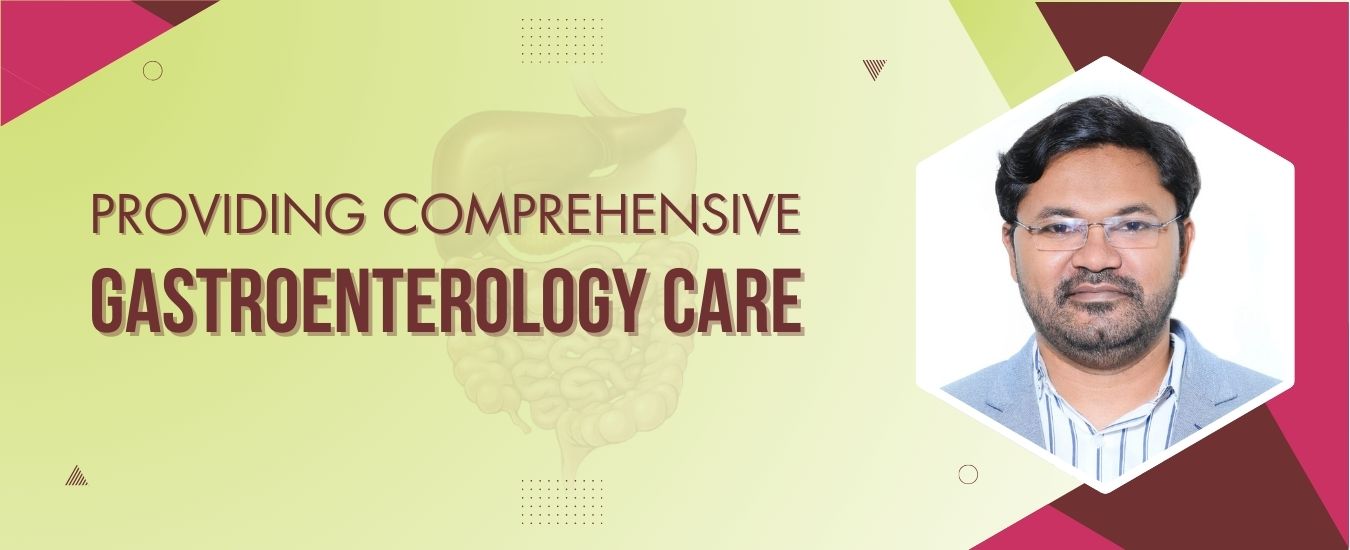
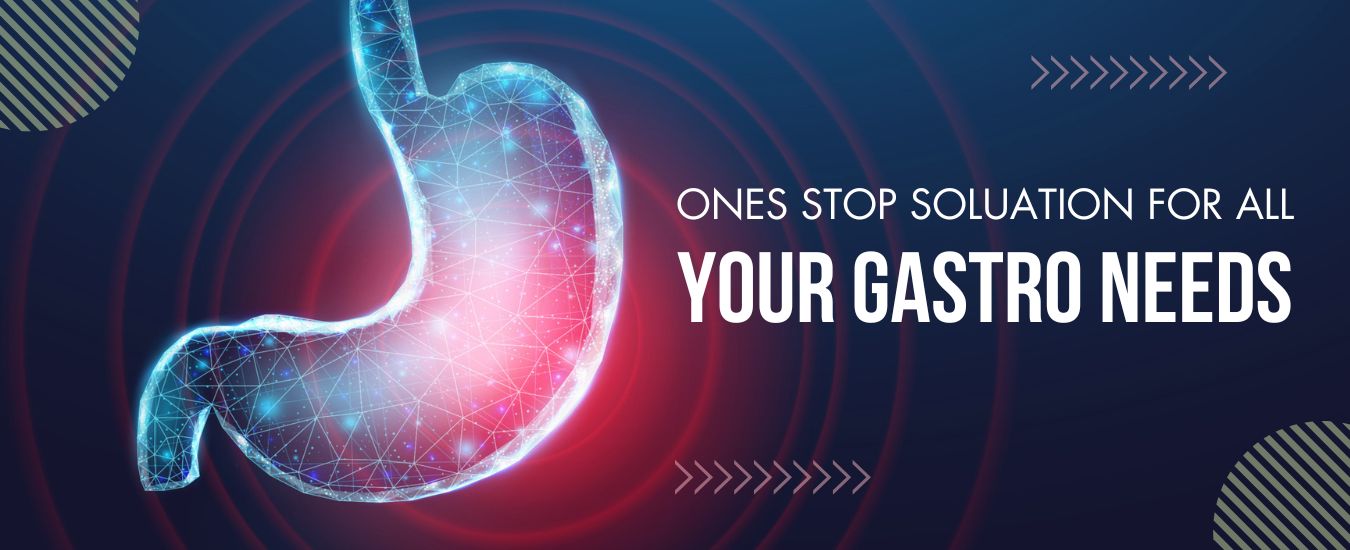
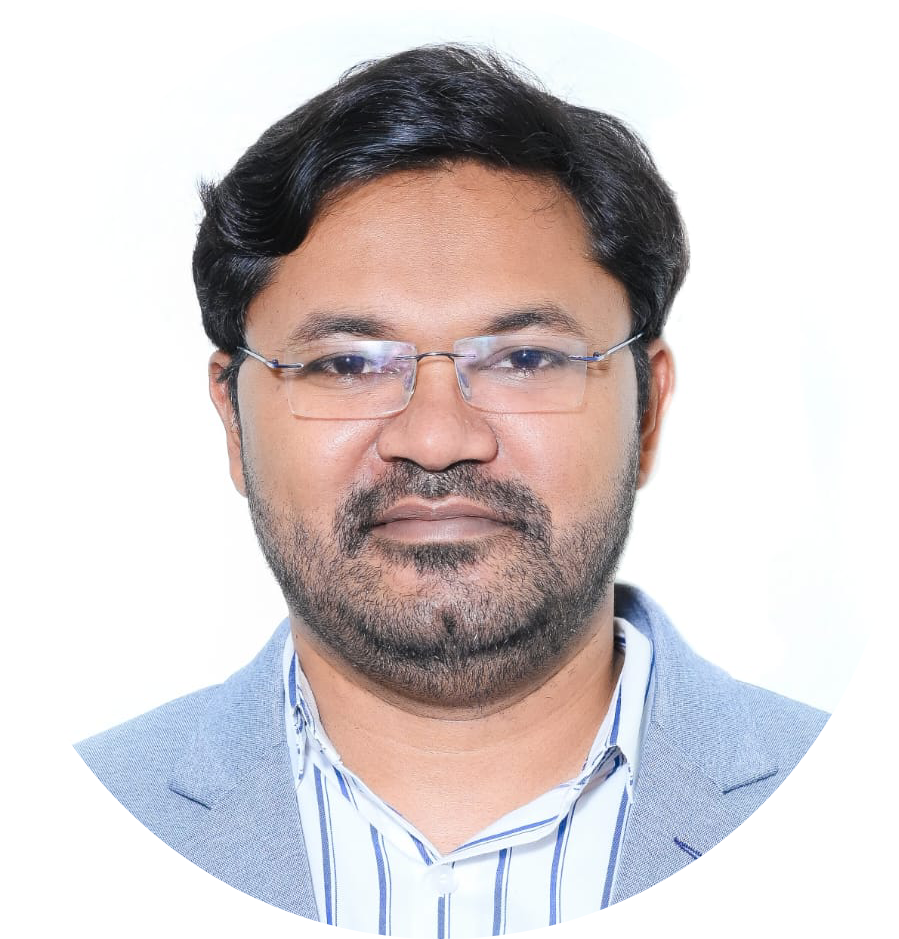
About Dr. Abhijeet Karad
Gastro & Liver Care Clinic Pune
Dr. Abhijeet Bhausaheb Karad is a highly qualified and experienced medical professional specializing in Gastroenterology. He holds an MBBS, MD in General Medicine, PGDGM in Geriatric Medicine, and DM in Gastroenterology. Dr. Karad’s clinical journey began at B.J. Medical College and Sassoon General Hospital, Pune, where he completed his MBBS and MD in Medicine. He further pursued his specialization in Gastroenterology with a DM from Seth GSMC and KEM Hospital, Mumbai.
Throughout his career, Dr. Karad has held various positions, including Assistant Professor and Consultant Gastroenterologist at prestigious institutions like B.J. Medical College and Sassoon General Hospitals in Pune and Seth GSMC and KEM Hospital in Mumbai. His clinical duties have encompassed a wide range of services such as endoscopy, hepatology, liver transplant, and gastroenterology.
Services We Offer
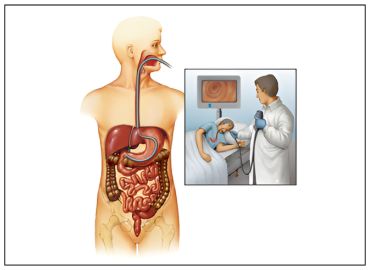
Endoscopy Gastroscopy
Endoscopy is a minimally invasive medical procedure that allows doctors to examine the interior of various organs and structures within the body.

Colonoscopy
Colonoscopy is a type of endoscopic procedure used to examine the colon (large intestine) and rectum. It is considered the gold standard for detecting abnormalities within the colon.

Sigmoidoscopy
Sigmoidoscopy is a procedure similar to colonoscopy but focuses on examining the lower portion of the colon, specifically the sigmoid colon and rectum. can help detect conditions colorectal cancer.

Variceal band ligation or banding
Variceal band ligation is a therapeutic procedure used to treat bleeding from varices, which are abnormally dilated veins typically found in the esophagus or stomach.
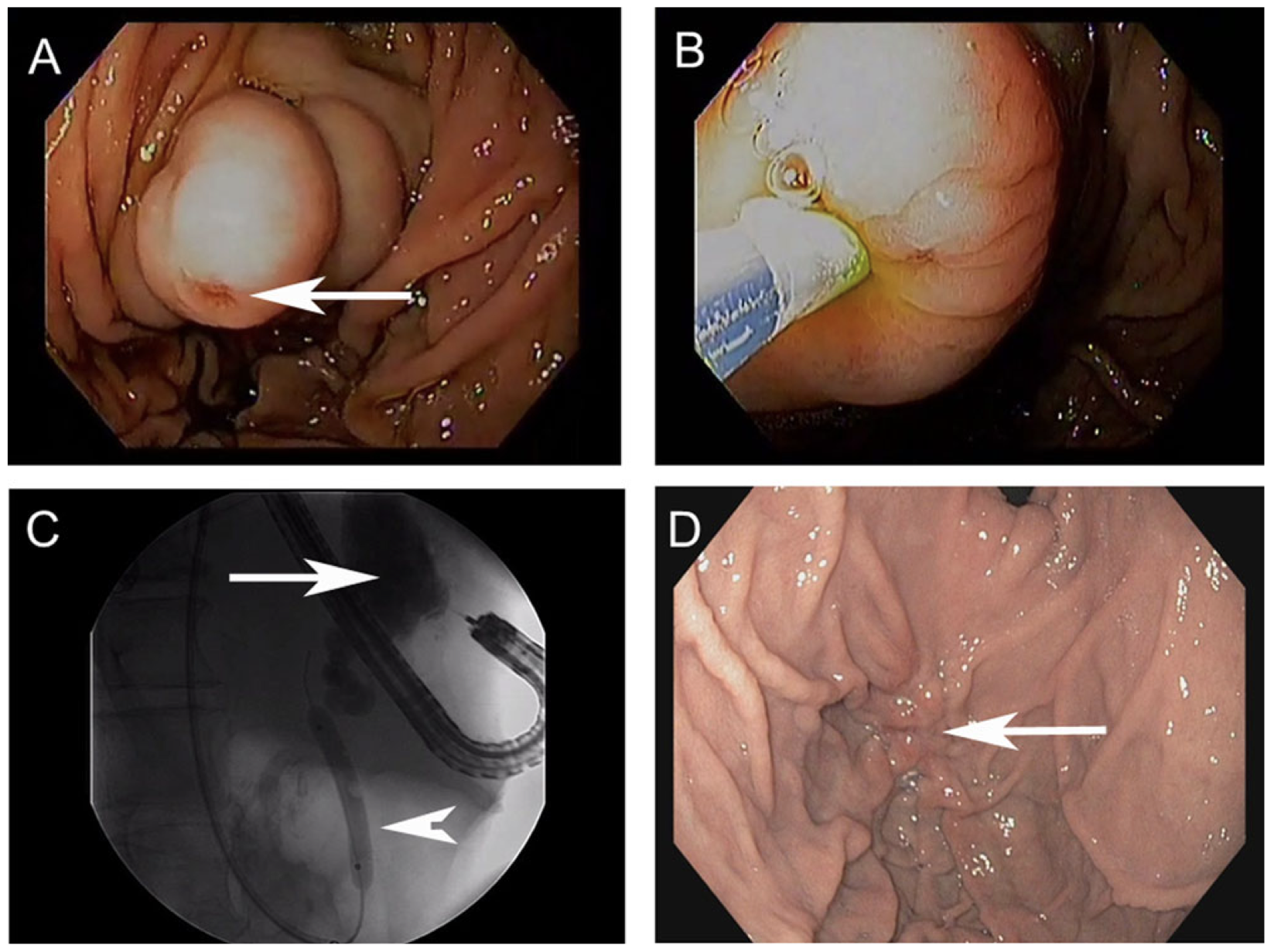
Glue injection
Glue injection, also known as tissue adhesive therapy, is another method used to treat bleeding varices in the esophagus or stomach. It is typically reserved for cases where band ligation may be difficult or ineffective.

Polypectomy
Polypectomy is a minimally invasive procedure used to remove polyps, which are abnormal tissue growths that can develop in various parts of the body, including the colon, gastrointestinal tract, bladder, or uterus.

ERCP
ERCP is a specialized endoscopic procedure used to diagnose and treat disorders of the bile ducts, pancreatic duct, and gallbladder. It is commonly performed in patients with conditions such as gallstones, biliary strictures, pancreatitis.

Fibroscan
Fibroscan is a non-invasive imaging technique used to assess liver stiffness and fibrosis (scarring) without the need for a liver biopsy. It utilizes a specialized ultrasound probe to generate shear waves that propagate through the liver tissue
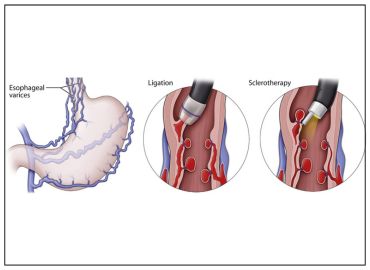
Endoscopy Sclerotherapy
Endoscopy Sclerotherapy is a medical procedure used to treat varices, which are enlarged veins, commonly in the esophagus or stomach. This procedure involves the use of an endoscope.
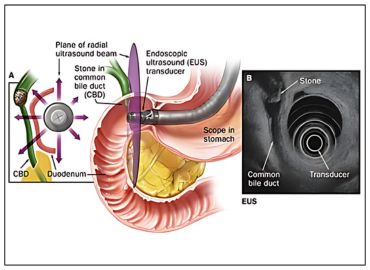
Endoscopy Ultrasound (EUS)
Endoscopy Ultrasound (EUS) combines endoscopy and ultrasound to obtain detailed images and information about the digestive tract and surrounding tissues and organs.
- FOR APPOINTMENT CALL
- +91 89991 58027
Frequently Asked Questions
What Patient Say
